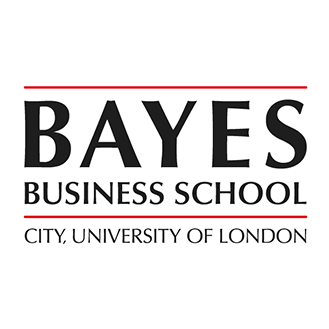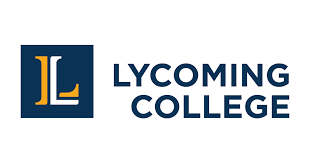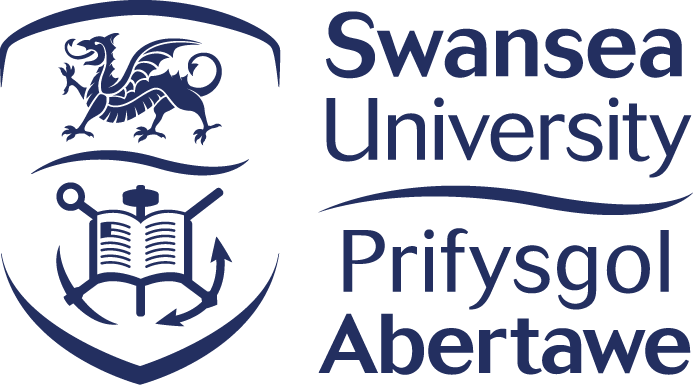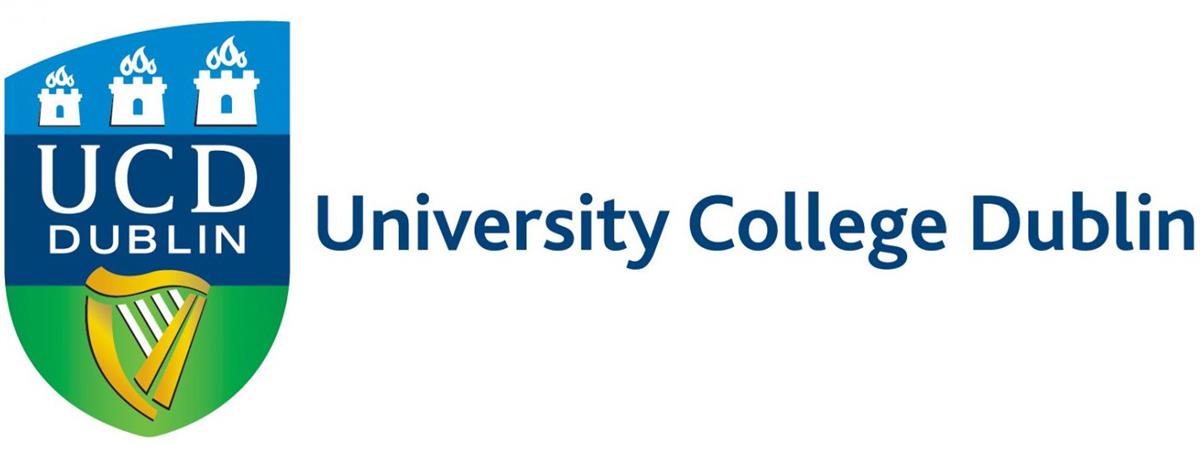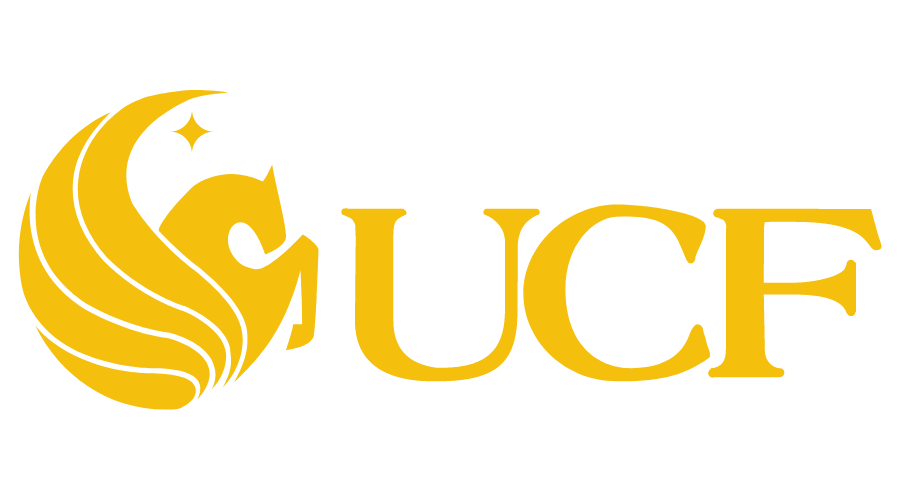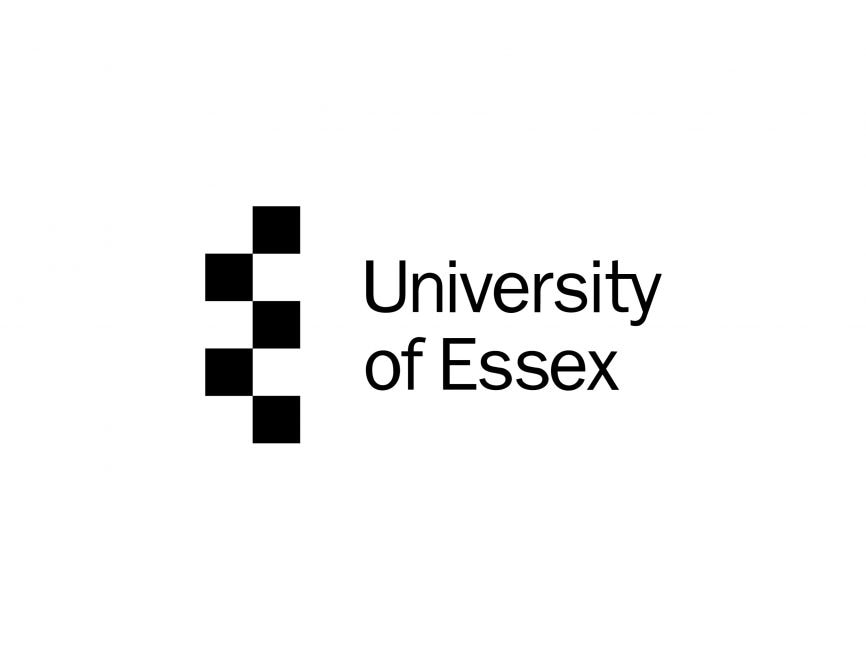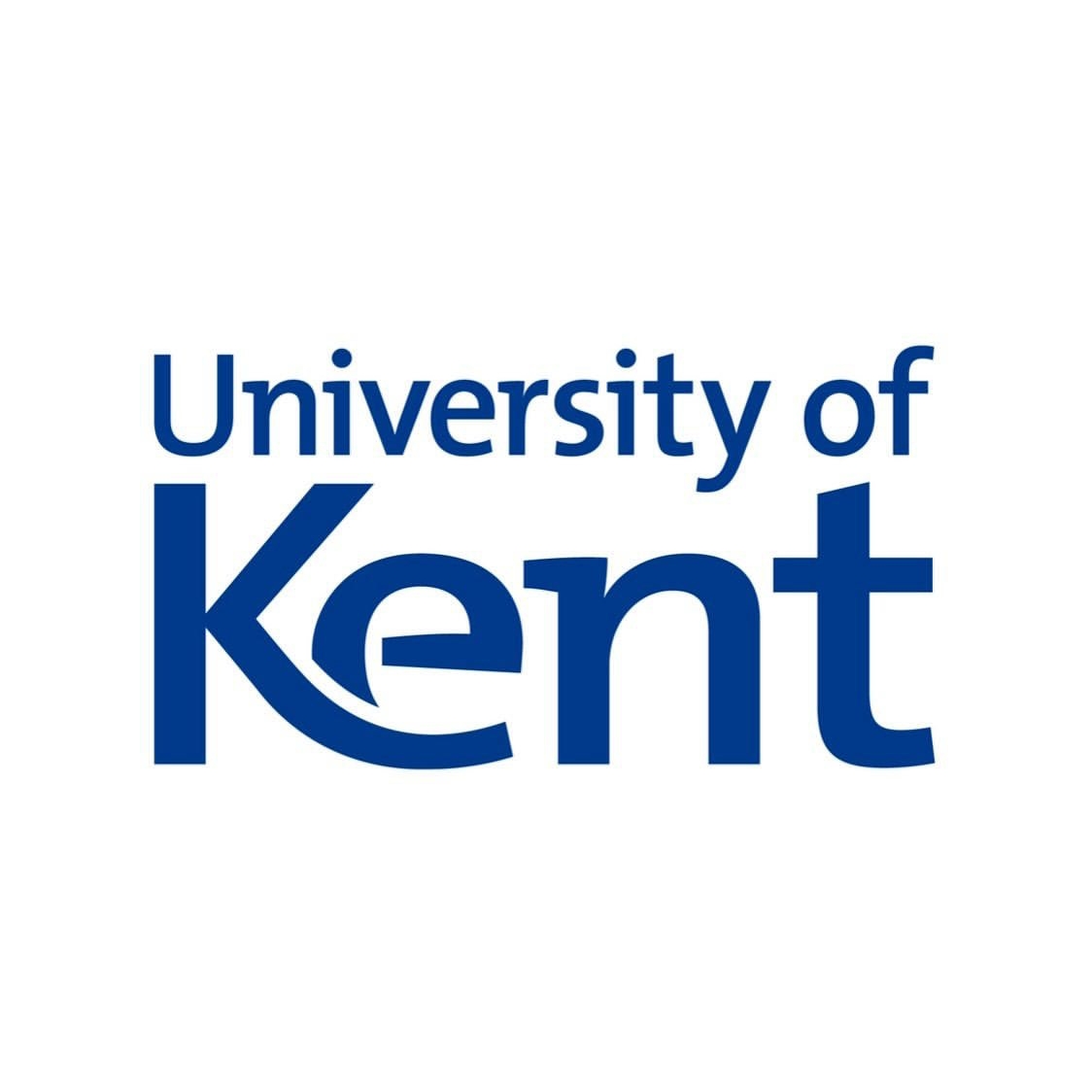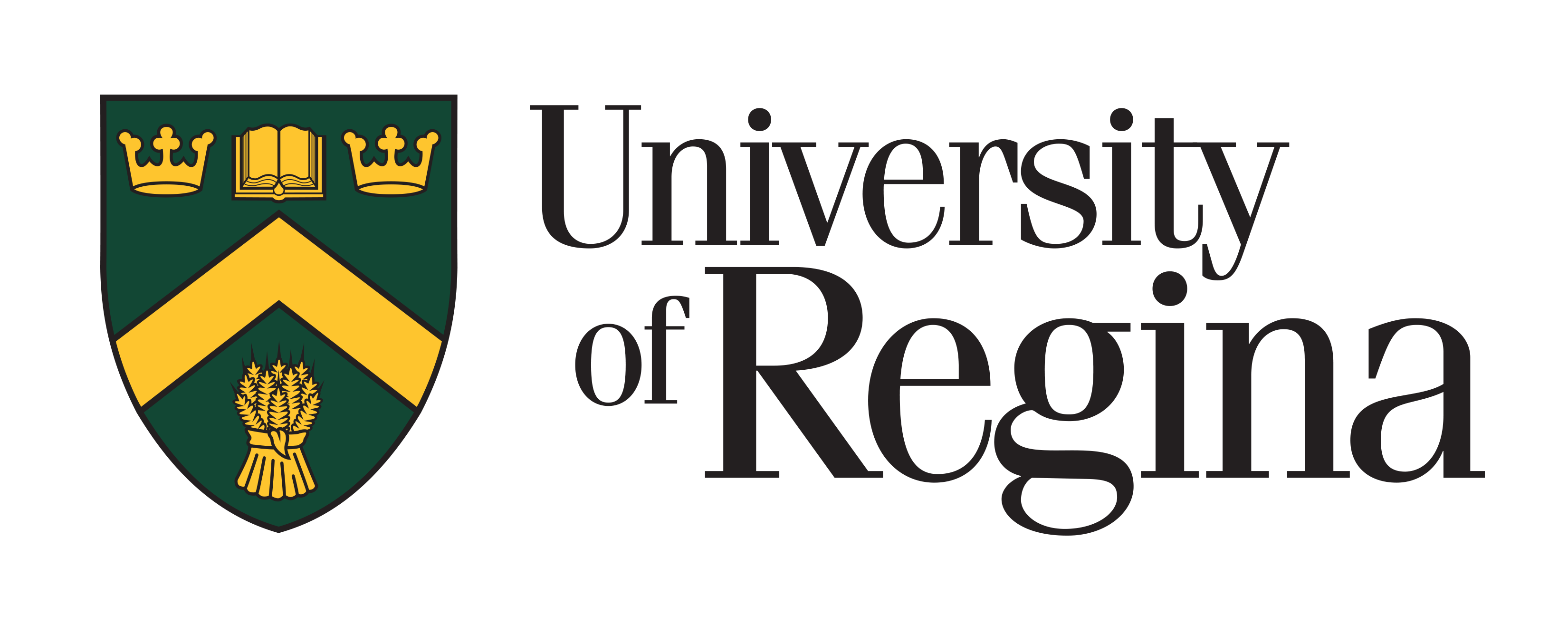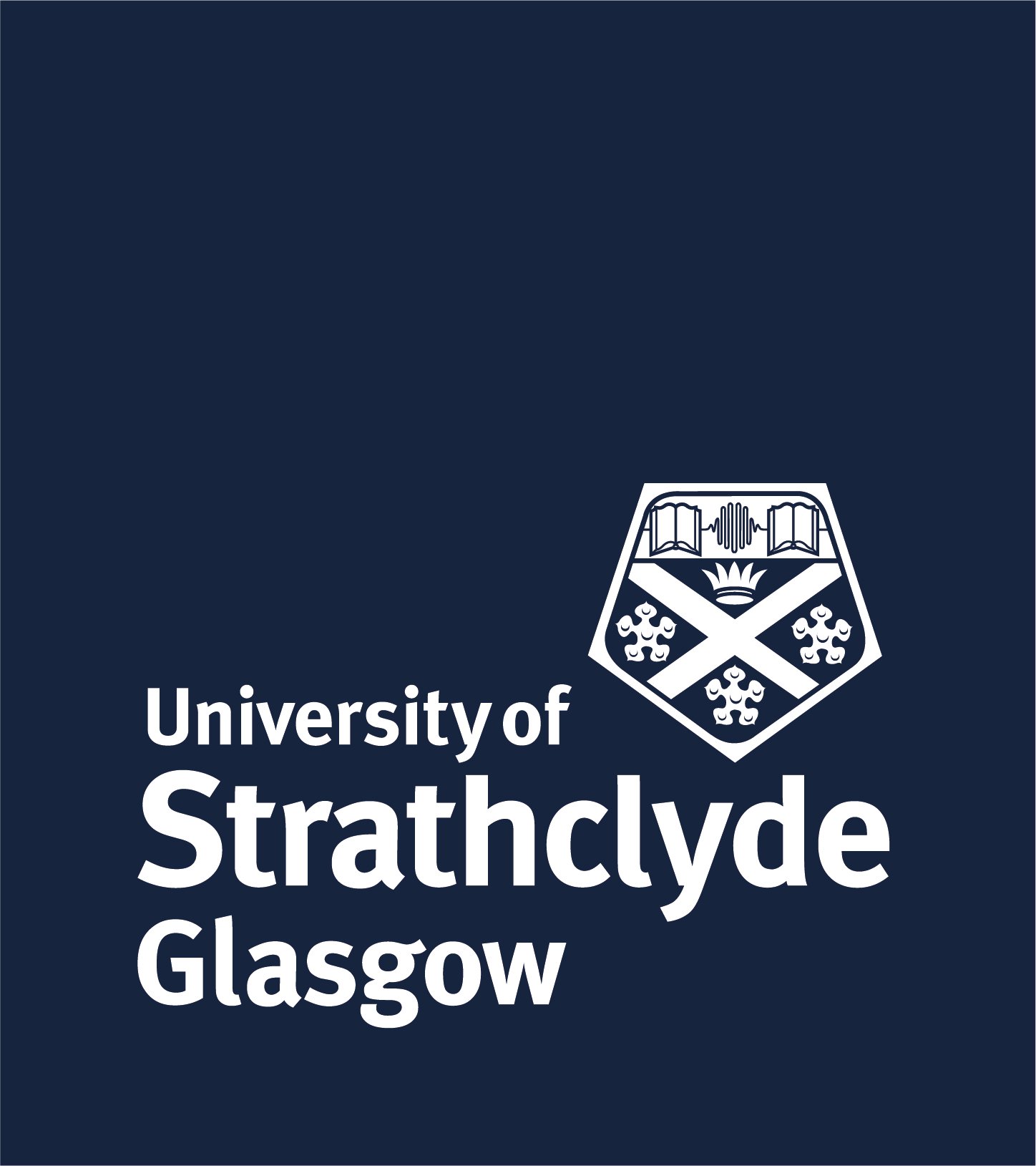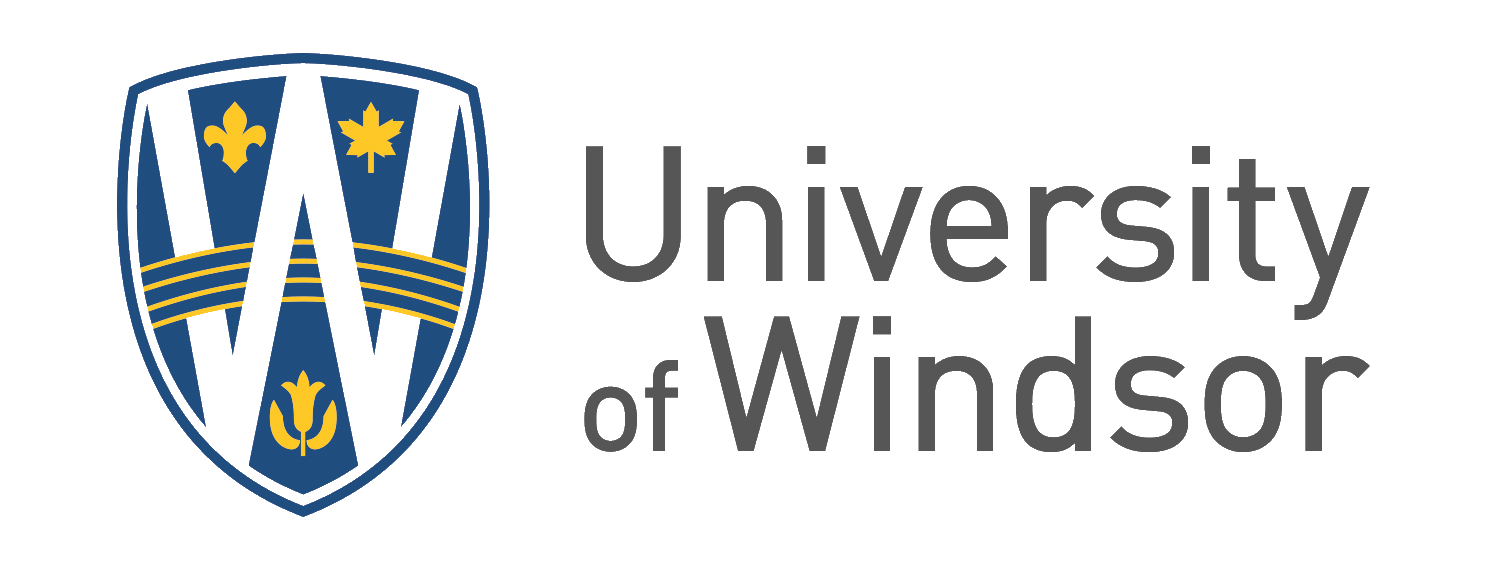Actuarial Science: Your Gateway to a Rewarding Career in Risk Management
Are you a mathematics enthusiast with a knack for problem-solving and an interest in finance? Actuarial Science could be the perfect field for you. This dynamic discipline combines advanced mathematics, statistics, and financial theory to assess and manage risks, particularly in insurance, pensions, and investments. For Indian students aspiring to study abroad, pursuing Actuarial Science opens doors to global opportunities in a field that's increasingly vital in today's uncertain world.
With India's booming economy and expanding insurance sector—projected to reach $320 billion by 2025—actuaries are in high demand both at home and abroad. Studying Actuarial Science internationally equips you with internationally recognized qualifications, cutting-edge knowledge, and practical skills that set you apart in the job market. Whether you're aiming to work with multinational firms like Swiss Re or return to India for roles at LIC or ICICI Prudential, this degree promises stability, high salaries, and intellectual challenge.
Why Choose Actuarial Science Abroad?
Studying Actuarial Science overseas offers unparalleled advantages over domestic programs. International curricula are aligned with global standards from bodies like the Society of Actuaries (SOA) or the Institute and Faculty of Actuaries (IFoA), ensuring your qualification is portable worldwide. You'll gain exposure to diverse case studies, advanced software like R and Python for data analysis, and real-world projects with industry partners.
- Global Recognition: Degrees from top universities are accredited by international actuarial bodies, making it easier to qualify as a fellow actuary.
- Practical Experience: Many programs include internships, placements, and simulations that mirror professional environments.
- Career Boost for Indians: With the rise of fintech in India, international training helps you bridge the gap between local needs and global best practices.
- Financial Rewards: Entry-level actuaries abroad earn upwards of $60,000 annually, with experienced professionals exceeding $150,000—far above Indian averages.
- Personal Growth: Immersing in a new culture enhances soft skills like communication and adaptability, crucial for leadership roles.
Moreover, the field is resilient to economic downturns. Actuaries play a key role in navigating risks from climate change to pandemics, ensuring job security in volatile times.
Top Destinations for Actuarial Science Studies
For Indian students, selecting the right country is crucial for visa ease, cost, and post-study work options. Here are the leading destinations:
| Country | Key Benefits | Average Tuition (per year, INR) | Post-Study Work Visa |
|---|---|---|---|
| United Kingdom | Short courses (1 year), strong IFoA ties, vibrant finance hubs like London. | 20-30 lakhs | 2 years Graduate Route visa. |
| United States | SOA-focused programs, research opportunities at Ivy Leagues. | 30-50 lakhs | OPT up to 3 years for STEM fields. |
| Canada | Affordable living, CIA accreditation, welcoming immigration policies. | 15-25 lakhs | PGWP up to 3 years. |
| Australia | Practical focus, Actuaries Institute recognition, high quality of life. | 20-35 lakhs | Temporary Graduate visa (2-4 years). |
| New Zealand | Small class sizes, strong emphasis on ethics and sustainability. | 18-28 lakhs | Post-study work visa up to 3 years. |
The UK and Canada are particularly popular among Indian students due to streamlined student visas and pathways to permanent residency. Always check for scholarships that reduce costs significantly.
Entry Requirements for Indian Students
Gaining admission to Actuarial Science programs requires a solid academic foundation. Most universities seek candidates with strong quantitative skills, so focus on building a competitive profile early.
- Academic Qualifications: A bachelor's degree in Mathematics, Statistics, Economics, or related fields with at least 60-70% marks (or equivalent GPA). For direct master's entry, a 3-year Indian bachelor's is often accepted, but some programs prefer 4-year degrees.
- Standardized Tests: GRE or GMAT for US/Canada (quantitative scores above 160 preferred); IELTS/TOEFL for English proficiency (overall 6.5-7.0 in IELTS).
- Actuarial Exams: Passing initial SOA or IFoA exams (like Probability or Financial Mathematics) gives you an edge and credits toward professional qualification.
- Supporting Documents: Statement of Purpose (SOP) highlighting your interest in risk management; Letters of Recommendation (LORs) from professors; Resume showcasing internships or math competitions.
- Visa Prerequisites: Proof of funds (e.g., CAD 20,000+ for Canada), health insurance, and a genuine student intent letter.
Indian students should aim for universities with conditional offers if English scores are pending. Deadlines typically fall between September and January for fall intake.
Typical Course Structure
Actuarial Science programs vary by level—bachelor's (3-4 years), master's (1-2 years), or PhD—but share core elements. A typical master's curriculum emphasizes theoretical and applied learning.
Core Modules
- Mathematical Foundations: Probability, Stochastic Processes, Calculus for Finance.
- Actuarial Techniques: Life Contingencies, General Insurance, Pension Funds.
- Financial and Economic Principles: Investment Theory, Risk Management, Econometrics.
- Advanced Topics: Machine Learning in Actuarial Practice, Climate Risk Modeling, Big Data Analytics.
- Professional Skills: Communication, Ethics, Regulatory Frameworks (e.g., Solvency II in Europe).
Assessment and Practical Components
Expect a mix of exams (60%), coursework (20%), and projects (20%). Many programs require a dissertation on real-world risks, like modeling insurance for natural disasters in India. Internships are mandatory in countries like Australia, providing 6-12 months of paid experience.
For Indian students, courses often include electives on emerging markets, helping you apply concepts to India's unique challenges like agricultural insurance or health reforms.
Top Universities Offering Actuarial Science
Choosing the right institution can shape your career. Here's a curated list of globally ranked programs:
| University | Country | Program Highlights | QS Ranking (2023) |
|---|---|---|---|
| London School of Economics (LSE) | UK | MSc Risk and Stochastics; IFoA exemptions; London finance network. | Top 50 |
| Columbia University | USA | MS in Actuarial Science; SOA focus; Wall Street proximity. | Top 20 |
| University of Waterloo | Canada | BSc/MMath in Actuarial Science; Co-op program with 5 terms of work. | Top 150 |
| University of New South Wales (UNSW) | Australia | Master of Actuarial Studies; Actuaries Institute accredited; Sydney internships. | Top 50 |
| University of Manchester | UK | MSc Actuarial Science; Exemptions from 6 IFoA exams; Diverse cohort. | Top 30 |
These universities boast high employability rates (over 95%) and alumni in top firms. Indian students appreciate the supportive international offices for visa and cultural adjustment.
Scholarships and Funding Options
Studying abroad can be expensive, but scholarships make it accessible for meritorious Indian students. Key opportunities include:
- University-Specific: LSE's Graduate Support Scheme (up to £15,000); Waterloo's International Master's Award of Excellence (CAD 2,500/month).
- Government Aid: UK's Chevening Scholarships (full tuition + stipend); Australia's Endeavour Awards for Indians.
- Actuarial Bodies: SOA's Actuarial Diversity Scholarship (USD 5,000); IFoA's bursaries for exam fees.
- Indian Sources: Fulbright-Nehru for US; Inlaks Shivdasani Foundation grants (up to INR 10 lakhs).
- Loans: Education loans from SBI or HDFC at low interest (7-10%), with moratorium during studies.
Apply early—deadlines often precede admission. Part-time work (20 hours/week) in host countries can cover living costs, estimated at INR 8-15 lakhs annually.
Career Opportunities and Prospects
Actuaries are the backbone of the financial services industry. With a degree from abroad, you'll qualify faster for professional certifications, accelerating your career.
Key Job Roles
- Actuarial Analyst: Pricing insurance products; entry salary: $55,000-$70,000.
- Risk Consultant: Advising on enterprise risks; $80,000+ with experience.
- Pension Actuary: Managing retirement funds; high demand in aging populations.
- Data Scientist in Insurance: Using AI for predictive modeling; booming in India post-COVID.
- Underwriter: Evaluating risks for policies; roles at global giants like AIG.
In India, returning graduates can join the Institute of Actuaries of India (IAI), with salaries starting at INR 8-12 lakhs, rising to INR 50 lakhs+ for fellows. Abroad, the US Bureau of Labor Statistics projects 23% job growth by 2031—faster than average.
Many alumni secure roles at Deloitte, KPMG, or reinsurers like Munich Re, often with relocation support. Networking via actuarial societies is key.
Visa and Immigration Tips for Indian Students
Navigating visas is straightforward but requires preparation. For the UK, the Student Visa needs CAS from the university and funds proof. Canada's SDS (Student Direct Stream) fast-tracks Indians with upfront biometrics.
- Common Pitfalls to Avoid: Incomplete financial docs; ensure GIC for Canada (CAD 10,000).
- Post-Study Pathways: Use work visas to gain experience, then apply for skilled migration (e.g., Australia's points-based system favors STEM grads).
- Support Resources: Consult IDP or British Council for free guidance; join Indian student forums on Reddit or Facebook.
With proper planning, 80% of Indian students successfully transition to work visas.
Embark on Your Actuarial Journey Today
Actuarial Science isn't just a degree—it's a launchpad for a fulfilling career blending intellect, impact, and income. For Indian students, studying abroad means gaining a competitive edge in a field poised for exponential growth. Research programs, prepare your applications, and take the first step towards becoming a global risk expert. Your future in finance awaits—seize it!

